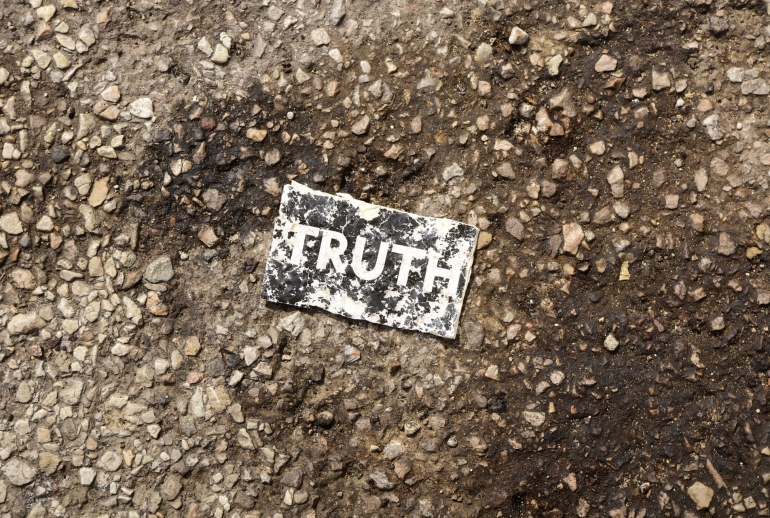I find reviews, essays, and thoughtful opinion pieces in magazines to be essential reading. For one thing, they are short enough to be read and discussed with friends. We need to interact with ideas within community, because it is a great way to grow in understanding on the process of deepening relationships. Even when we disagree, in part or in whole, the opportunity to creatively and fearlessly hash through an issue addressed in an article is both bracing and life-giving.
Here are two articles on forgiveness and public justice that I commend to you.
“Forgiveness that Matters: The witness of peacemaking by a forgiven people” by Johnathan C. Richardson in The Christian Century (May 5, 2021).
Richardson, who is pastor of Cornerstone United Methodist Church (New Orleans) responds to Ta-Nehisi Coates rejection of forgiveness in his highly influential book, Between the World and Me (2015). In this essay, the author argues that the fight for justice in a fallen world is essential but by itself is insufficient. “Forgiveness,” Richardson argues, “is one of the ways that Christians enter into engagement—one might even say conflict—with their enemies… Forgiveness is not a denial of history: it looks directly at the need for forgiveness and engages directly those who have committed and perpetuated social, political, systemic, and personal evils.” Richardson brings Coates ideas into engagement with Christian theologian Stanley Hauerwas’s ideas of Christian peacemaking. “Christians are able to love our enemy in this way because our enemy does not define us. We are both defined by God.”
“The Fading of Forgiveness: Tracing the disappearance of the thing we need most” by Timothy Keller in Comment (May 6, 2021).
Keller, founding pastor of Redeemer Presbyterian Church (Manhattan) begins by noting that the new generation of political activists intentionally dismiss forgiveness as part of the struggle for justice. He identifies two cultural influences (our therapeutic culture & religion without grace) and counters with three voices that argue for the necessity of forgiveness (Hannah Arendt, Martin Luther King, Jr. & Desmond Tutu). And he concludes with an overview of the Christian view of justice that includes forgiveness. “The most obvious contribution that the church could make,” Keller says, “is to recover its own theology and practice of forgiveness and become a true counterculture that can serve as a witness to the world. Arendt goes so far as to say that ‘the Discoverer of the role of forgiveness in the realm of human affairs was Jesus of Nazareth. The fact that he made this discovery in a religious context and articulated it in religious language is no reason to take it any less seriously in a strictly secular sense.’ Arendt is right that secular people can use forgiveness to great benefit, but Christian faith provides many more resources for it. It is our responsibility to renew the biblical teaching on forgiveness and to show the world the unique resources both Christian belief and Christian community give us for it.”
Photo credit: Photo by Adrian Moran on Unsplash



